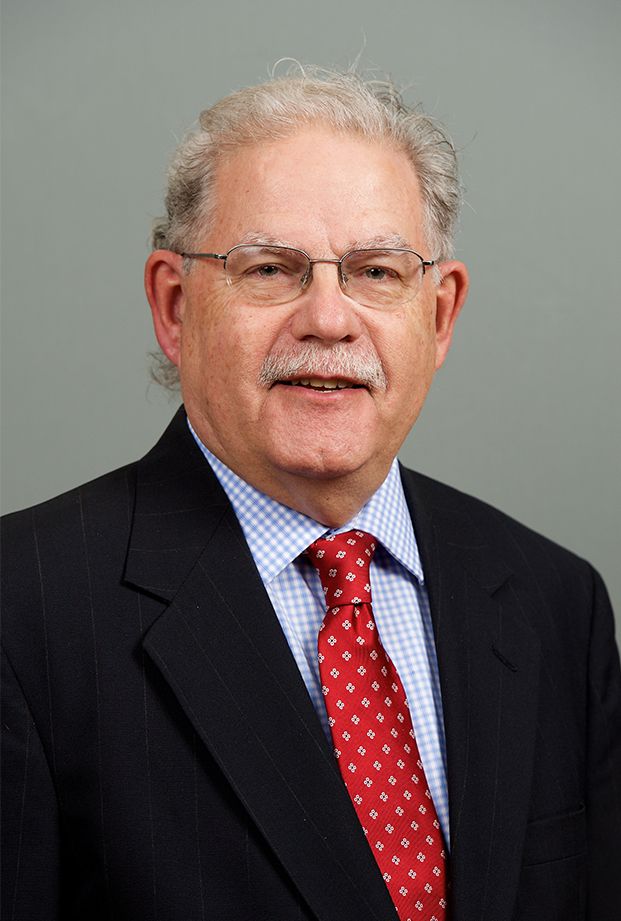
Introducing Takoma Park’s “New” Noise Ordinance

From Fred Schultz, Ward 6 Councilmember
This past Wednesday (2/24/16) the City Council made its final adjustments and adopted amendments to Takoma Park’s Noise Ordinance. The amended Noise Ordinance is effective immediately.
In my opinion, the changes are so significant that it may be fair to say it is a “new” noise ordinance.
As some of you know, the task of strengthening the City’s noise ordinance has been a long one. The task of identifying the weaknesses in the existing law and figuring how to address them has endured through three city managers and two police chiefs. A contributing problem, we discovered, was that the ordinance was difficult for the police to interpret and enforce.
I have been acutely aware of the issues since 2011, when some particularly egregious and persistent noise violations in Ward 6 were brought to my attention by residents.
So what’s “new” about the Noise Ordinance? First, the newly amended noise ordinance gives enforcement officers (police and code personnel) the power to write and deliver municipal citations to violators on the spot.
The police now have the unilateral authority to shut down and evict attendees of an activity or event at their discretion. I believe the mere threat of this will help deter some of these acts. Furthermore, a violation that provokes a shutdown will constitute a class B criminal misdemeanor, whereas the normal municipal citation is not a criminal offense. By making it a crime the police will have the power to make arrests.
Enforcement officers will no longer always be required to use a sound meter to stipulate a violation. They can exercise their own judgment. This change simplifies an officer’s task.
The acceptable nighttime level of noise is being increased from 55 dBA to 60 dBA. It may seem counter-intuitive to increase permitted sound levels. But the reason is that 55 dBA proved to be so low – a normal conversation in a living room – that it was impractical to enforce. At 55 dBA almost every sound, including ambient sound, could constitute a violation. The daytime level remains at 65 dBA.
The Noise Control Board (NCB), effectively abandoned in 2009, will be reconstituted and empowered to hear cases directly from residents and recommend penalties. The value of the NCB is that if the police, for whatever reason, do not deal with a noise violator in a manner acceptable to residents, two residents (from different addresses) can file a written complaint with the NCB, which will conduct a hearing on the complaint and render an enforcement decision.
In that regard the City Council will be seeking 5 to 7 volunteers to serve on the NCB, which will function as an adjudicatory body not unlike the COLTA (Commission on Landlord Tenant Affairs).
Violations caused by construction activity will also be subject to tighter requirements. Animals that make persistent, habitual or continuous noise disturbances will create a violation regardless of the dBA level. The permitted duration of burglar and auto alarms has been shortened from 30 to 15 minutes.
City Council members have tried hard to simplify the “new” noise ordinance and ensure it is clearly understandable by enforcement officers, residents and organizations alike. When people understand a law and know it will be fairly enforced, they are less likely to violate it.
